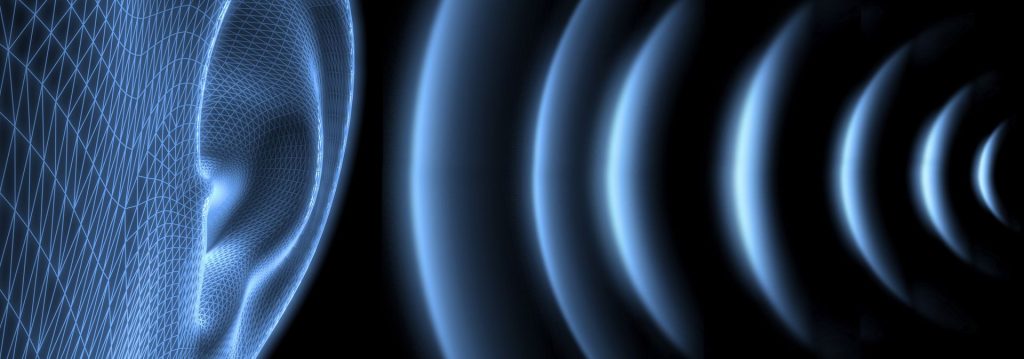
“The importance of hearing to our health is fundamental. It is one of our most critical senses for connecting to people and interacting with the world. Because of this, it helps us socialize with our loved ones and friends. Hearing also plays an important role in meeting new people and pursuing healthy activities and hobbies – ones that keep us physically fit and socially active.” [1]
“In this way, the importance of hearing is considerable, because it is the foundation of many different aspects of a healthy lifestyle.” [1]
Researchers are constantly increasing our knowledge of why hearing is important. We now know that hearing plays a vital part in brain health because it helps people to remain active and engaged. By keeping the brain active, hearing has been shown to reduce the risk of dementia and Alzheimer’s disease.” [1]
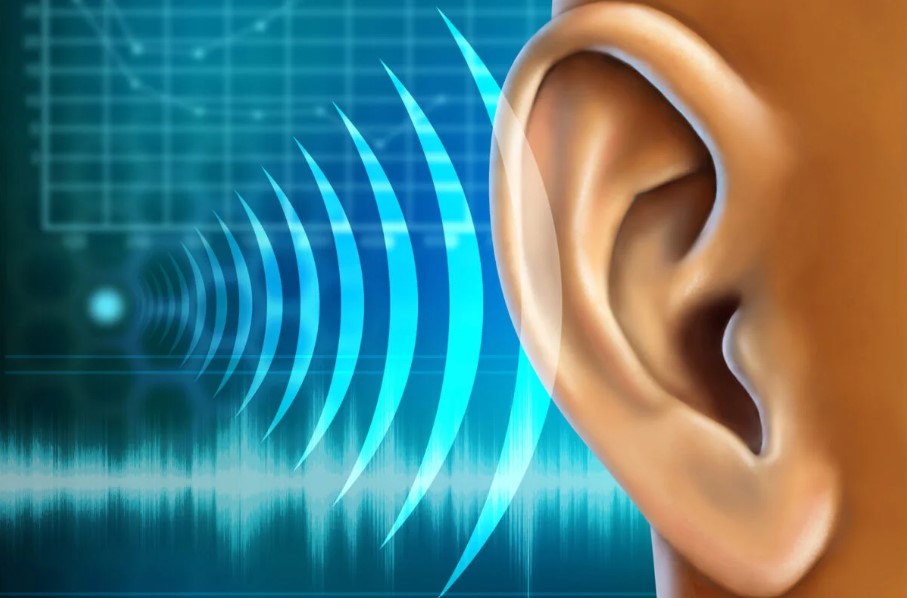
Sounds: The impact of what we hear.
“Sounds have a deep impact on our emotions and offer a wide spectrum of influences, as they can be loud, soft, interesting, annoying, important, distracting, soothing, infuriating.” [2]
“Listening to music, television and radio, going to the cinema or theatre, attending a place of worship, going to meetings to learn or simply for pleasure as well as listening to the sounds of nature can all be affected by the state of hearing.” [4]
“Throughout human history, we have used various sounds to signal danger. Dogs have protected farms, barking to warn the household if an intruder is trespassing. Bells, drums and trumpets have been used to sound alarms in castles and forts, warning of hostile attacks.” [3]
Historically, the human voice has also been used – and still is – to send information that needs extra attention. Similarly, different sounds can be used to put people in the right mood in certain surroundings, such as in shopping malls, schools, prisons or commuter trains.” [3]
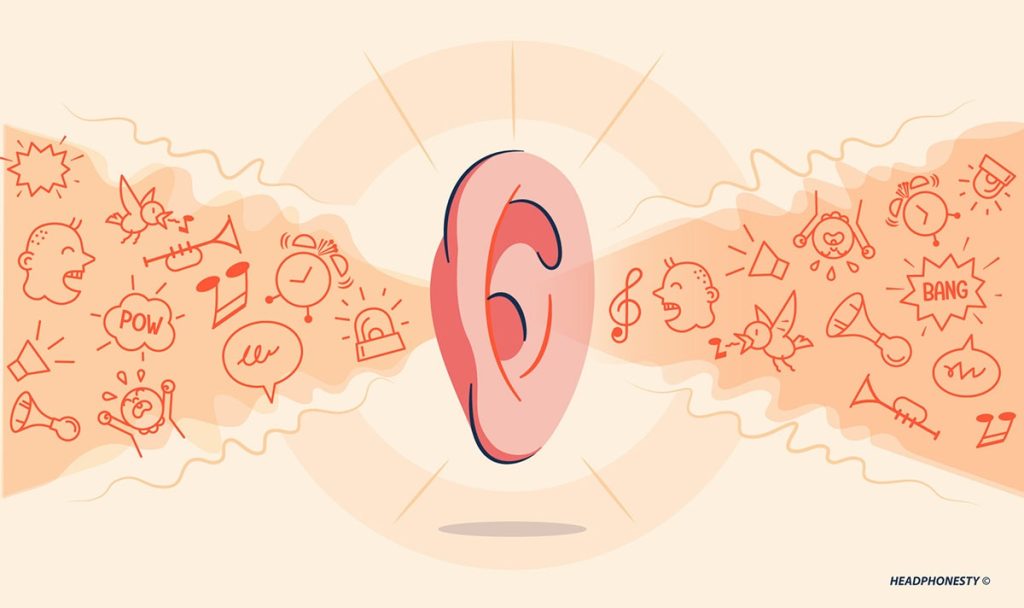
“There is ample evidence that playing an instrument has a positive impact on the developing brain. Speaking two languages, another form of sound enrichment, is good for attentional skills and multitasking and may prevent the onset of dementia.” [2]
“A sound, by nature, though, is never static. It is always moving and so much tougher to describe. [4]
“The gentle burbling of a brook, or the sound of the wind in the trees can physically change our mind and bodily systems, helping us to relax.” [5]
“Buxton’s research, published in March in Proceedings of the National Academy of Sciences, presents evidence that pleasant natural sounds can help lower blood pressure, improve cognitive performance and even reduce pain. “Typical natural sounds that we consider pleasant are having health benefits for us,” says Buxton, a professor at Carleton University in Ottawa, Canada.” [6]
As mentioned before, different sounds affect us in different ways.
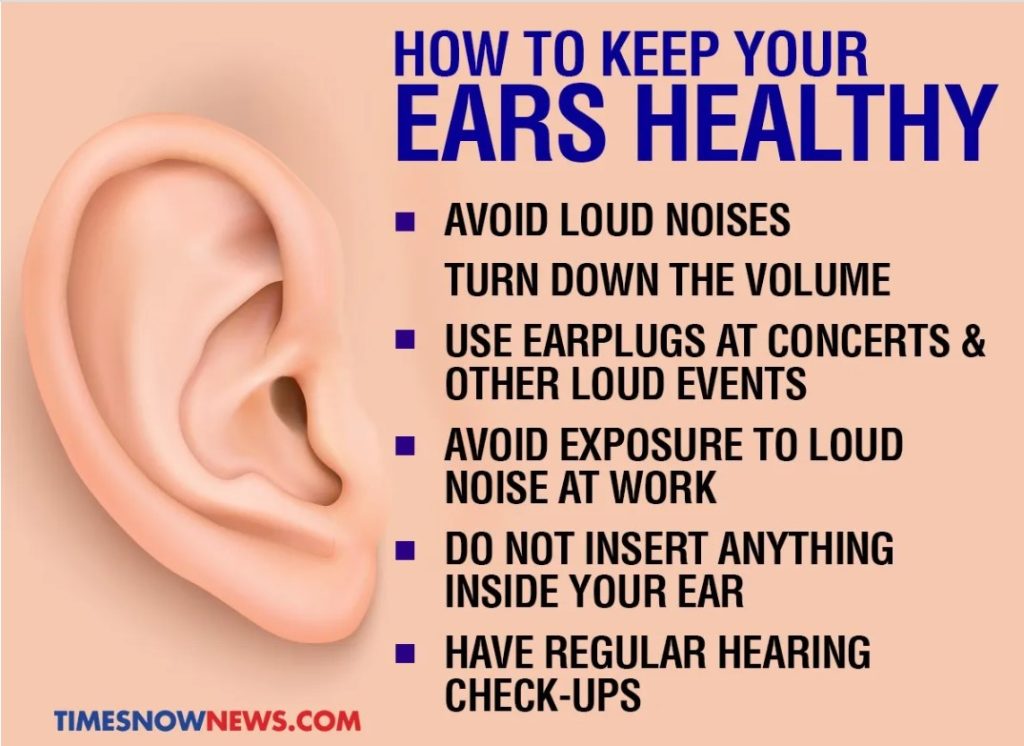
Taking care of your ears
“When thinking about your overall personal health, the health of your ears is typically an afterthought.
Limiting your ear’s exposure to loud noises is the ideal way to keep them healthy.”
One of the most important reasons to protect your ears is to ensure you do not suffer from hearing loss. While there are some cases in which hearing loss can be treated and even reversed, that is not always the case.” [7]
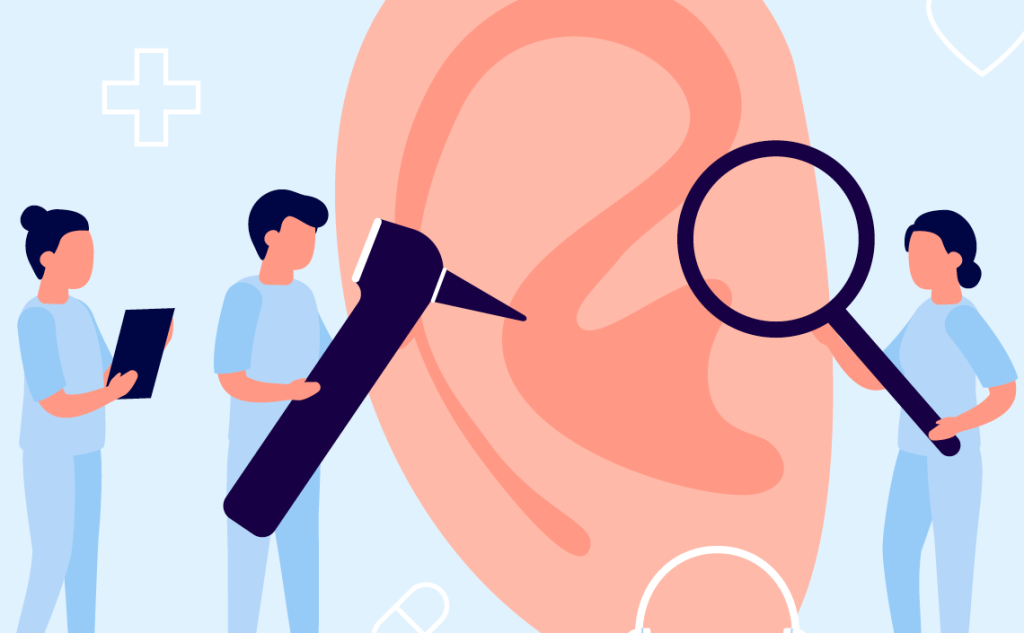
For many reasons we already mentioned, your hearing is so important to your wellbeing and quality of life. Hearing tests are straightforward, easily arranged and are normally without any cost to you.
The sooner you act, the better will be the outcome, both for you and for those close to you.
If you need any help or advice or just want to talk, contact a professional help.
For those who are hearing impaired, the other senses can be highly developed to assist with the loss of this important ability. Per example, “Audio/sound, together with visuals gives a fuller picture. Communicating with more than one sense is more effective than communicating with only one.” [3].
We will talk more about the other 4 senses in the next blog posts. Stay tuned.
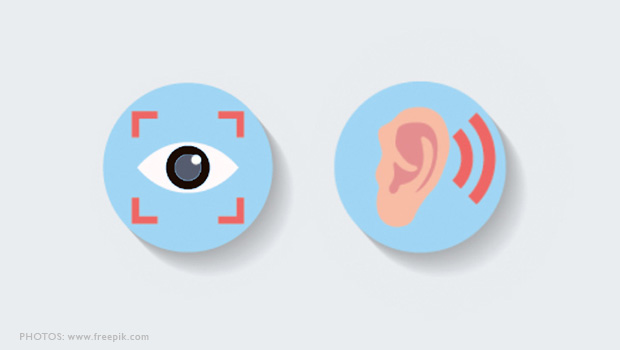
Resources:
[1] https://www.hearingsolutions.philips.com/en-us/hearing-loss/hearing
[3] https://www.axis.com/blog/secure-insights/human-brain-sounds/
[4] https://www.hearinglink.org/your-hearing/about-hearing/why-do-we-need-to-hear/
[5] https://www.sciencedaily.com/releases/2017/03/170330132354.htm
